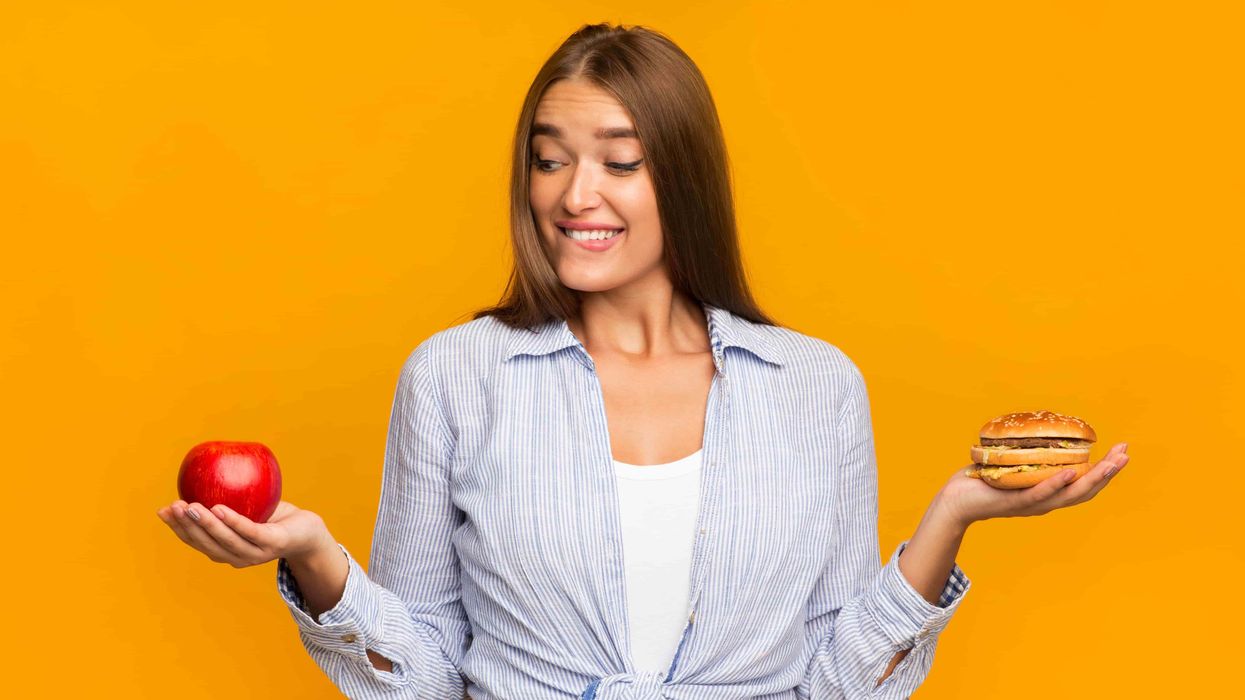Muay Thai, Judo, Taekwondo, Brazilian jiu-jitsu – the world of mixed martial arts (MMA) is not for the faint of heart.
MMA is a high-impact sport that requires a lot of strength, endurance, and agility.
These fighters are some of the most dangerous athletes on the planet, and a lot of them are turning to cannabis for more reasons than one.
As experts fight for cannabis normalization within the sports community and beyond, we’re exploring how cannabis works for MMA fighters, the variety of performance and health benefits that are possible with plant use, and how impactful global plant access could be for a group that is largely pushed towards dangerous and highly-addictive opioids for recovery.
Cannabis and MMA: Think Deeper, Recover Faster, and Heal Thoroughly
Despite the World Anti-Doping Agency’s continually murky approach to the plant – cannabis is gaining recognition for being a powerful aid to MMA fighters around the globe, helping hobbyists and professionals alike approach the sport with a calm, refreshed, and unorthodox perspective.
The numbers speak for themselves: 45.9 percent of today's MMA fighters use the plant to hone their mental and physical skills, recover from intense workouts, and heal from injuries or soreness – and 76.5 percent report to using strictly CBD for these same types of benefits.
“There’s no sport on the planet, in my experience and opinion, that produces anxiety like MMA and the UFC. Knowing that you’re going to be fighting in a couple weeks against one of the most skilled mixed martial artists on the planet – and that even if you do good, you’re going to probably take a little bit of damage — that produces anxiety,” said executive director of the California State Athletic Commission Andy Foster in an interview.
While most professional athletes experience a massive amount of pressure before a big game or match, the brutal “all-or-nothing” attitude that is instilled in the MMA world – paired with the sport’s one-on-one competition – makes it nearly impossible to not experience this type of pre-fight anxiety.
The Benefits of Cannabis Use for MMA
For fighters like freestyle MMA fighter “Krispy” Kasen Matsch, consuming cannabis is most helpful when it is accompanied by a well-thought-out routine and an intentional approach, whether it’s before a fight or to enhance a practice session.
“When I practice, I’ll smoke about an hour before I go in. It loosens me up, calms me down, and allows me to totally zone in. But for a fight, I’ll smoke about 4-5 hours before to ensure I’m grounded and in a good flow state for what I need to accomplish,” Matsch said.
- Chronic Pain and Injury Recovery
Matsch first began using cannabis about four years ago, and made an effort to work it into his routine after witnessing the profound effect it has on his body’s recovery process.
“I had a shin injury right before I was consuming cannabis, and it took about a month and a half for me to fully heal. After I started taking CBD, I had the same injury, and with CBD, it healed within two and a half weeks,” Matsch said.
- Anti-Inflammation and Soreness Recovery
Matsch’s healing experience with CBD is one way to utilize cannabis for MMA, but another popular use for the plant among fighters is soreness alleviation, which is achieved through cannabis’s anti-inflammatory effects.
“I like to consume cannabis after a fight for relaxation purposes,” said professional MMA fighter Tony “Tiger” Charles. In his 15 years of consumption experience, Charles has found that cannabis helps reduce his recovery time, and allows him to relax after a massive amount of physical and mental exertion.
- Mental Relief and Stimulation
One often-overlooked key factor that separates a good MMA fighter from a great one is creative mental power: a.k.a., the ability to quickly work through complicated and compromising positions with the cerebral prowess of a chess player.
Many MMA fighters are also likely to turn to cannabis before a competition – and at this stage, they’re probably utilizing the plant for that mental relief or stimulation rather than physical effects.
“I’ve consumed weed a good couple hours before a competitive event to calm my nerves, and by the time I arrive for warm-ups, I feel mentally clear and ready to compete,” said professional MMA fighter Brandon "Joust" Ahrndt.
“Cannabis has definitely helped me – and more mentally than physically. MMA is just as much mental as it is physical, and using cannabis keeps my mind open, and keeps me loose in a way. Overthinking in MMA can easily put you in a bad situation, and cannabis helps me avoid that.”
Pro Advice: How to Incorporate Cannabis into your MMA Routine
Whether you’re a novice or a professional fighter, there are plenty of benefits to incorporating cannabis into your MMA routine – especially as an alternative to the addictive opioids athletes are often prescribed.
However, these benefits can easily be missed if you aren’t careful with your approach.
“It’s important to learn what you can and can’t handle. If marijuana makes you lazy, don’t mix your MMA career with it. Instead, consume it on your off-time,” Ahrndt said.
In Matsch’s experience, it’s helpful to try a little bit at a time to figure out what works best for you.
“Get used to training with it, see how that affects you, and go into it with a purpose,” Matsch said.
“I didn’t like weed when I first tried it, and now I do it every day. If it doesn’t work for you, don’t force it. The benefits I get from it took a while to reap, but after I found what works for me, I can definitely say it helps with those fight-related anxieties and stressors.”
Need a little more Bluntness in your life? Subscribe for our newsletter to stay in the loop.
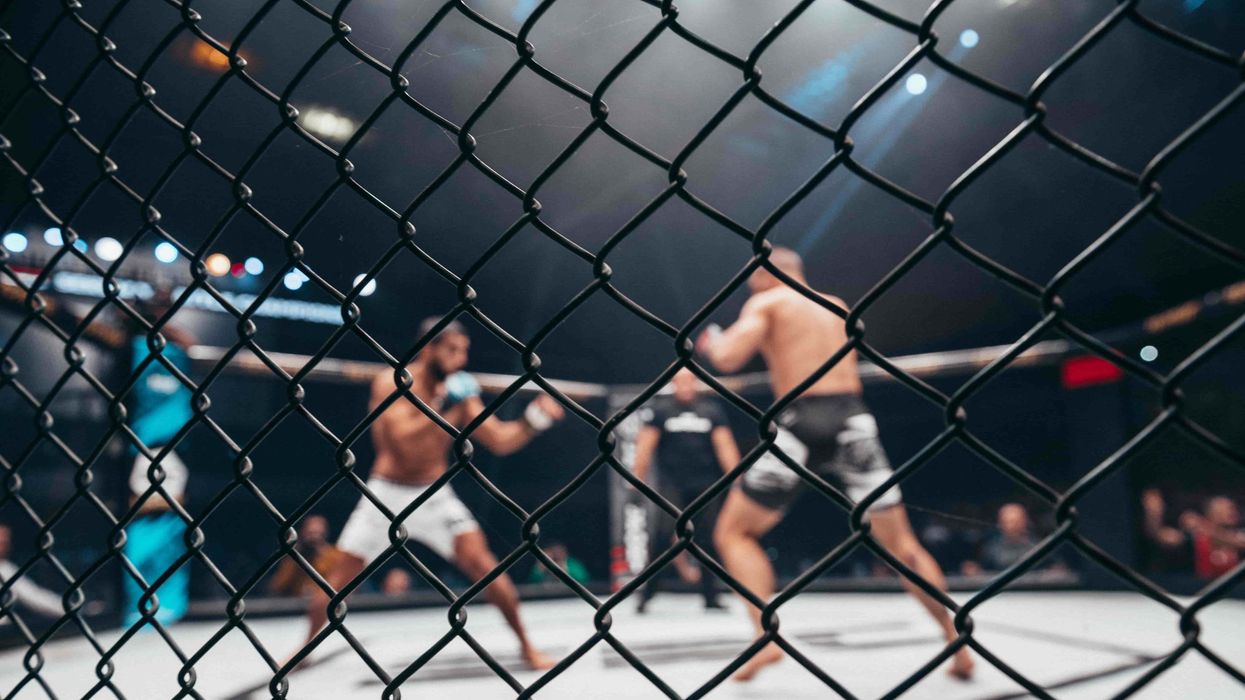






 What will you do with that cannabis kief collection? - Make Coffee! The Bluntness
What will you do with that cannabis kief collection? - Make Coffee! The Bluntness DIY: How to Make Kief Coffee - The Bluntness
Photo by
DIY: How to Make Kief Coffee - The Bluntness
Photo by 






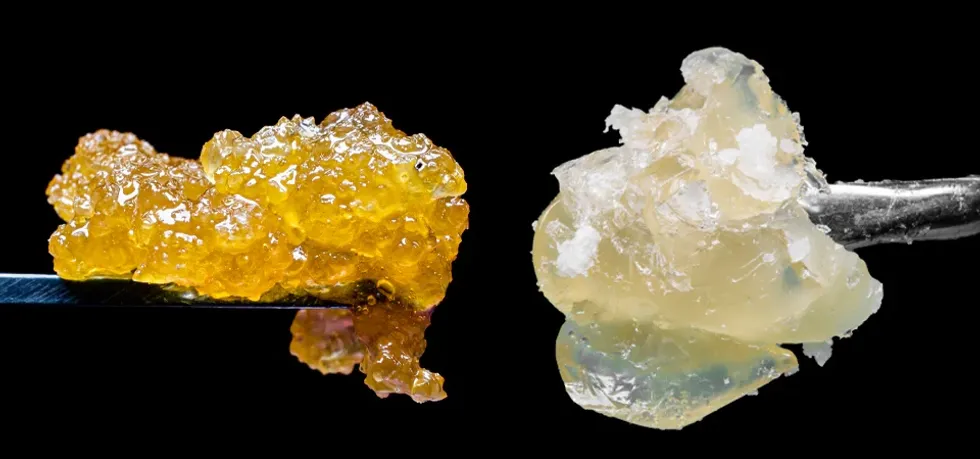 Resin vs. Rosin - The BluntnessLowtemp Industries
Resin vs. Rosin - The BluntnessLowtemp Industries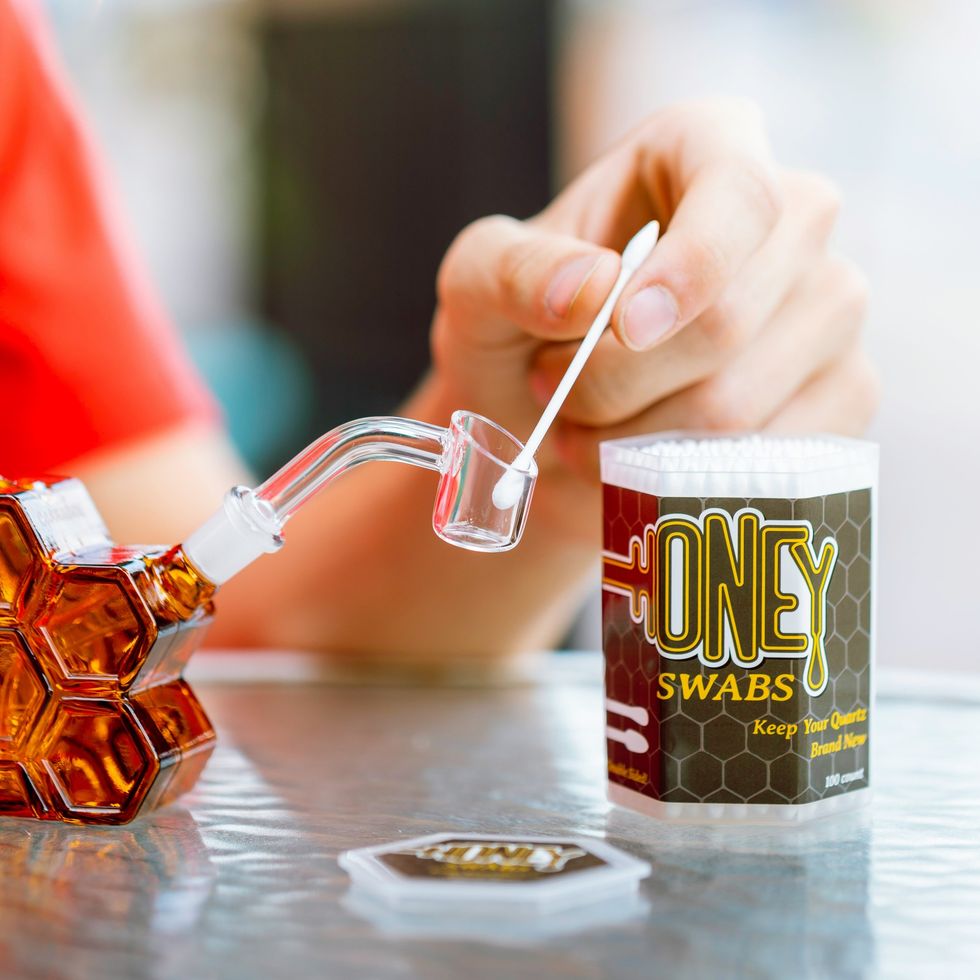 Rosin vs. Resin - The Bluntness Photo by
Rosin vs. Resin - The Bluntness Photo by 
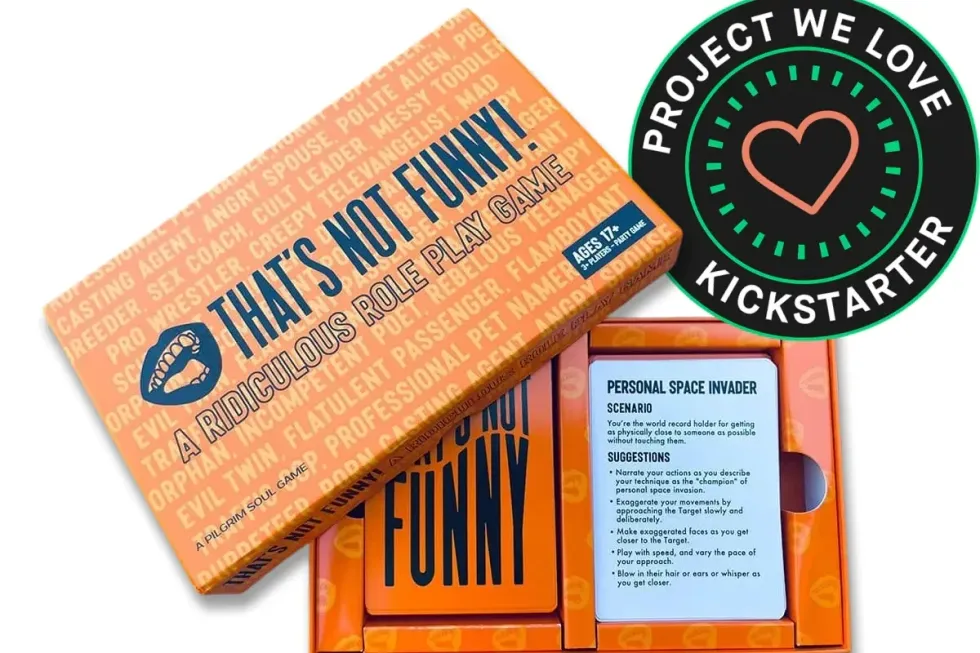
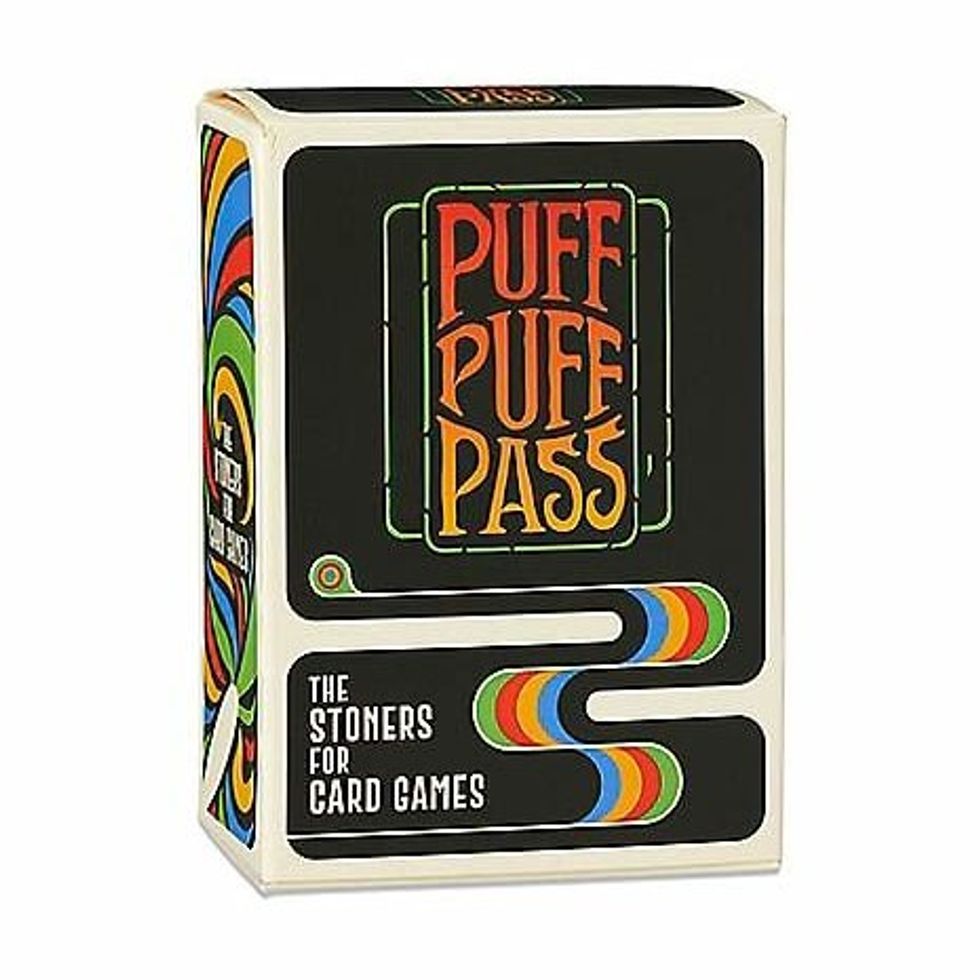
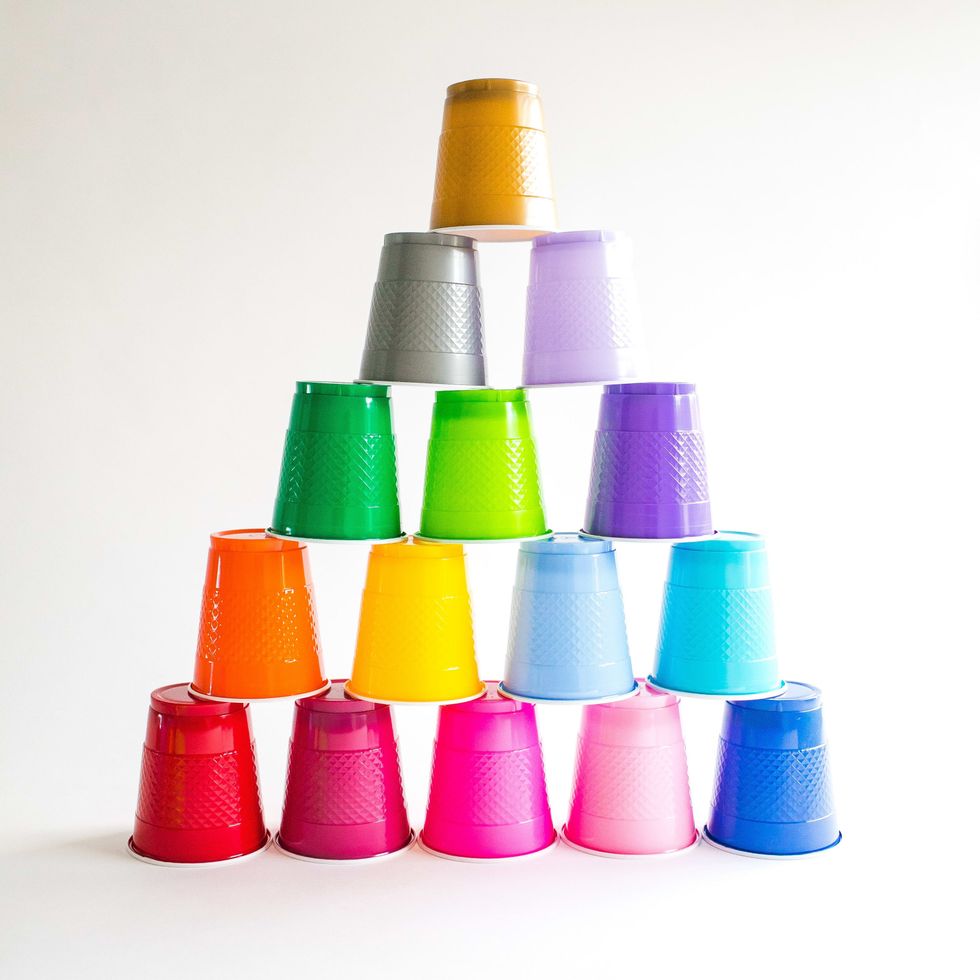
 Best Weed Smoking Games to Try - Jammin'
Best Weed Smoking Games to Try - Jammin'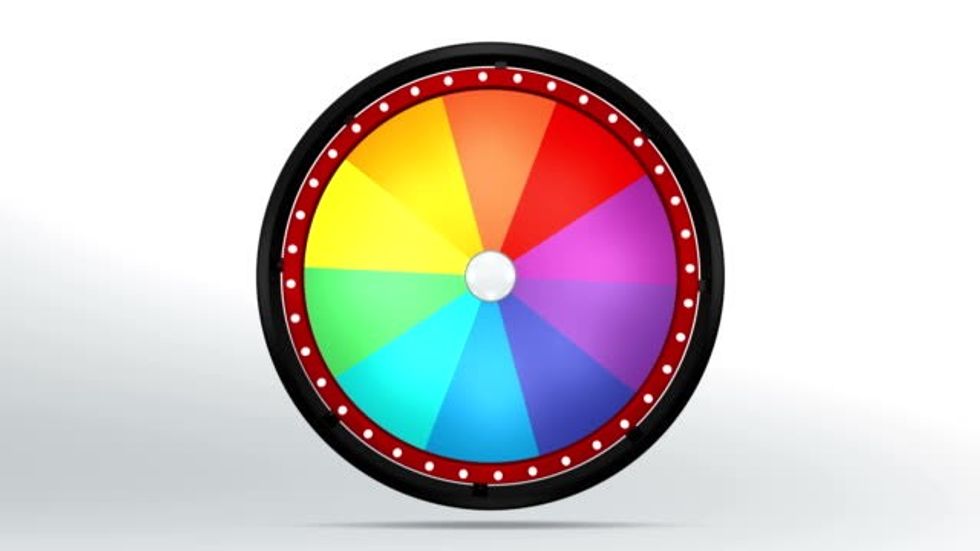 The 31 Best Weed Smoking Games To Try
The 31 Best Weed Smoking Games To Try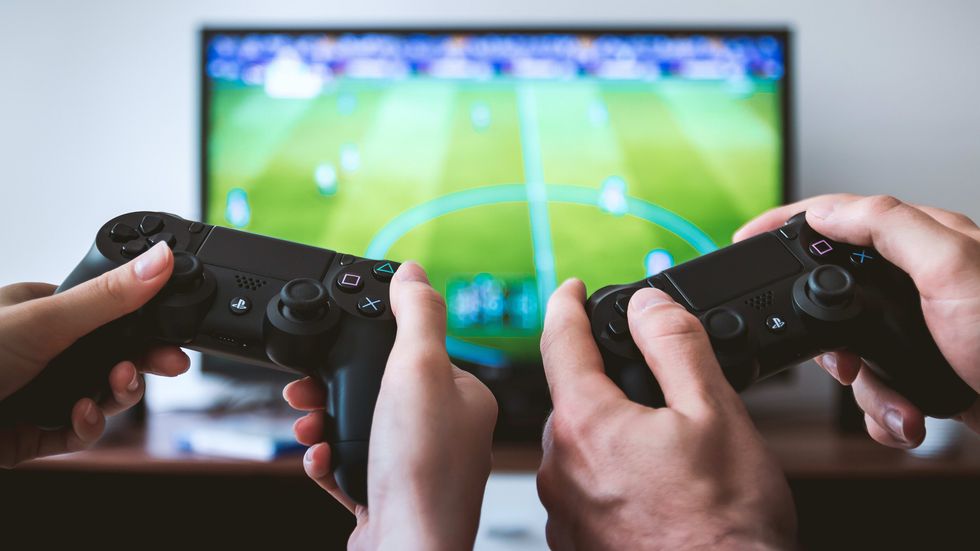 The Best Weed Smoking Games
The Best Weed Smoking Games The Best Weed Smoking Games to Try
The Best Weed Smoking Games to Try
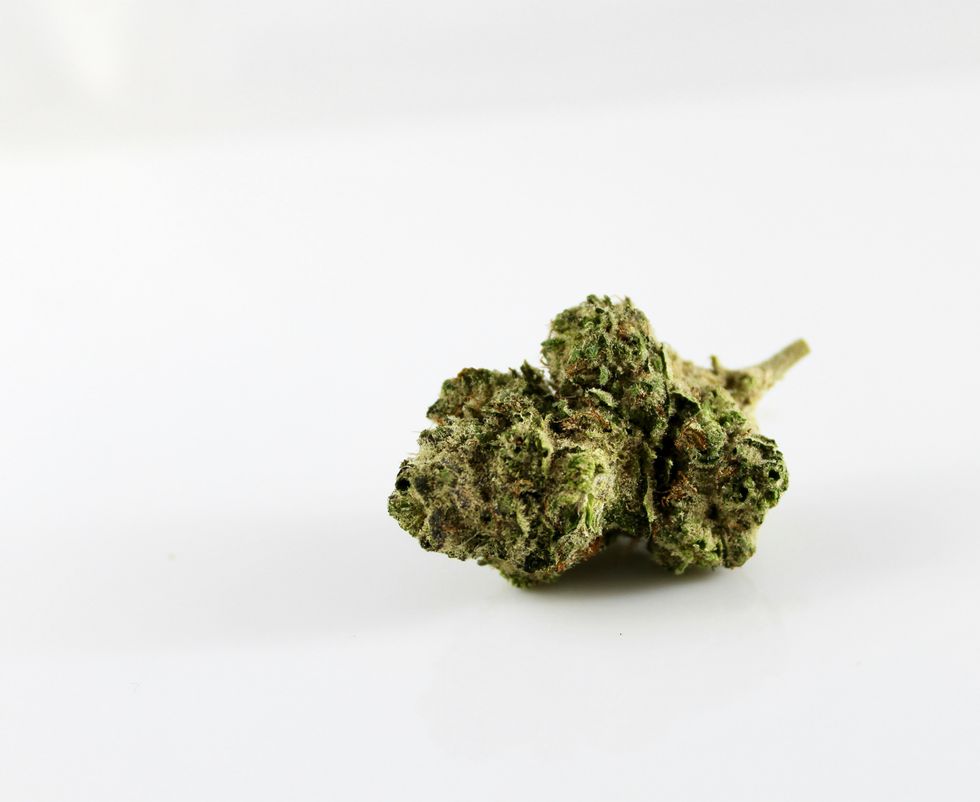
 Stoner Games - Games to Play While High
Stoner Games - Games to Play While High The Best Weed Smoking Games to Play
The Best Weed Smoking Games to Play The Best Weed Smoking Games to Try
The Best Weed Smoking Games to Try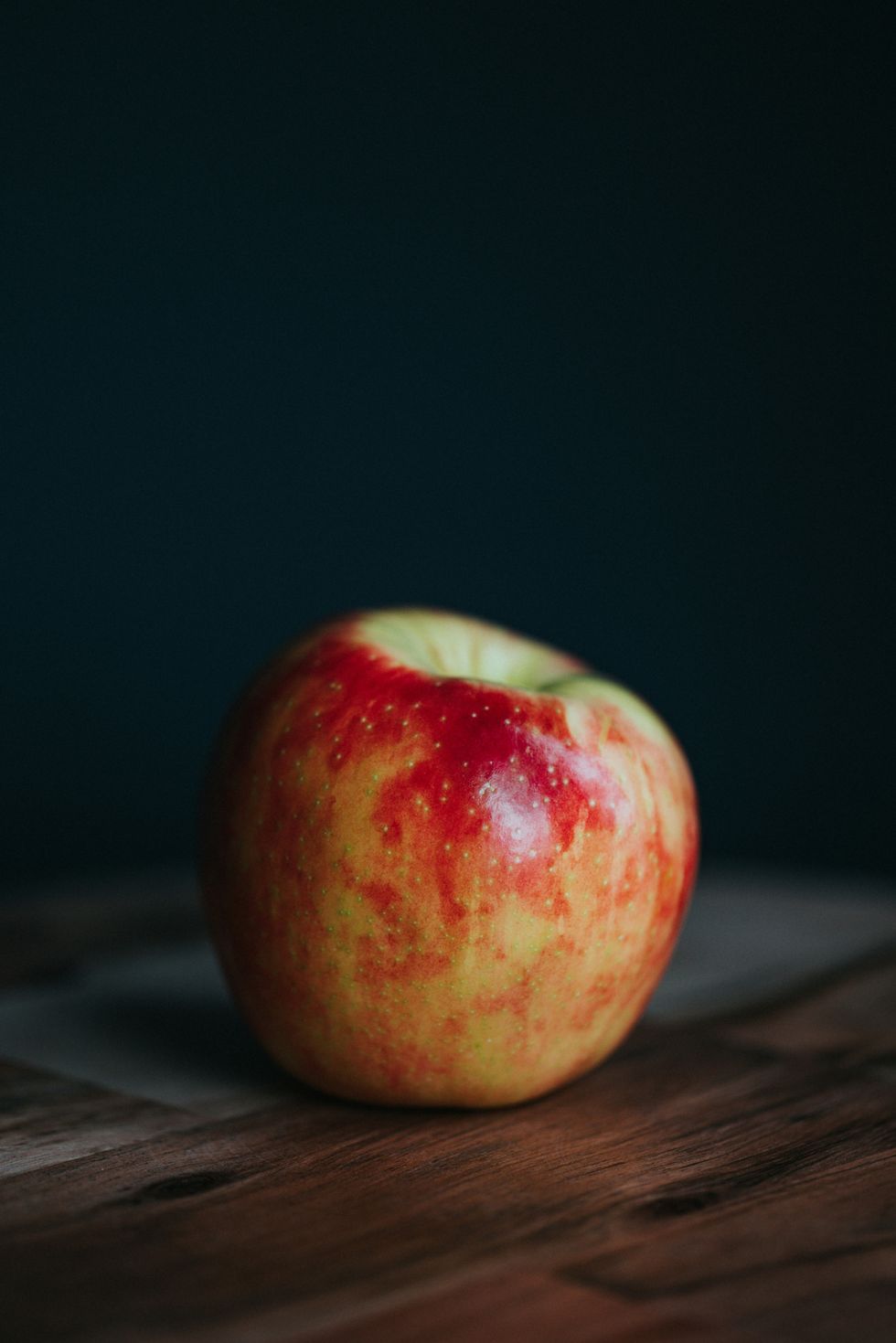
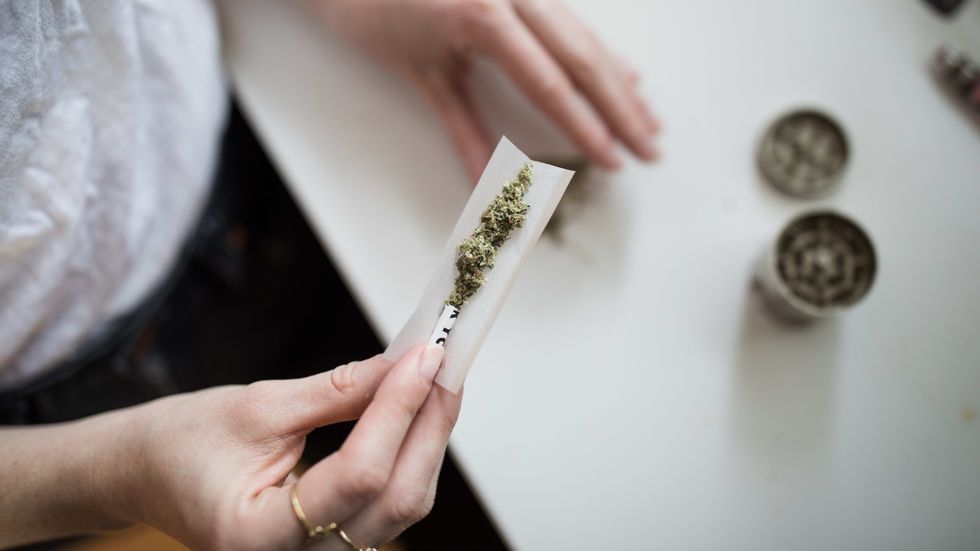 The Best Weed Smoking Games to Try
The Best Weed Smoking Games to Try
 The Best Weed Smoking Games to Play
The Best Weed Smoking Games to Play The Best Weed Games to Play
The Best Weed Games to Play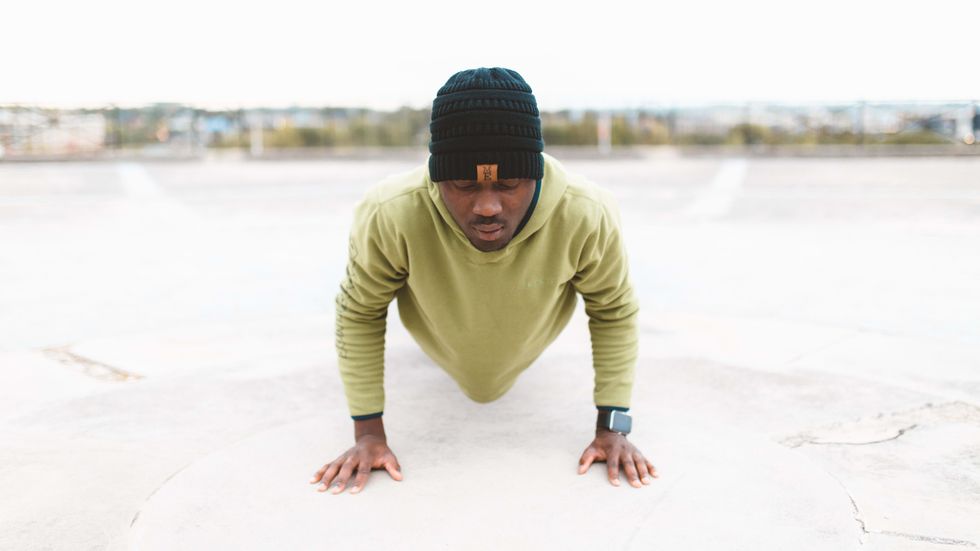 The Best Weed Smoking Games to Try
The Best Weed Smoking Games to Try The Best Weed Smoking Games to Play
The Best Weed Smoking Games to Play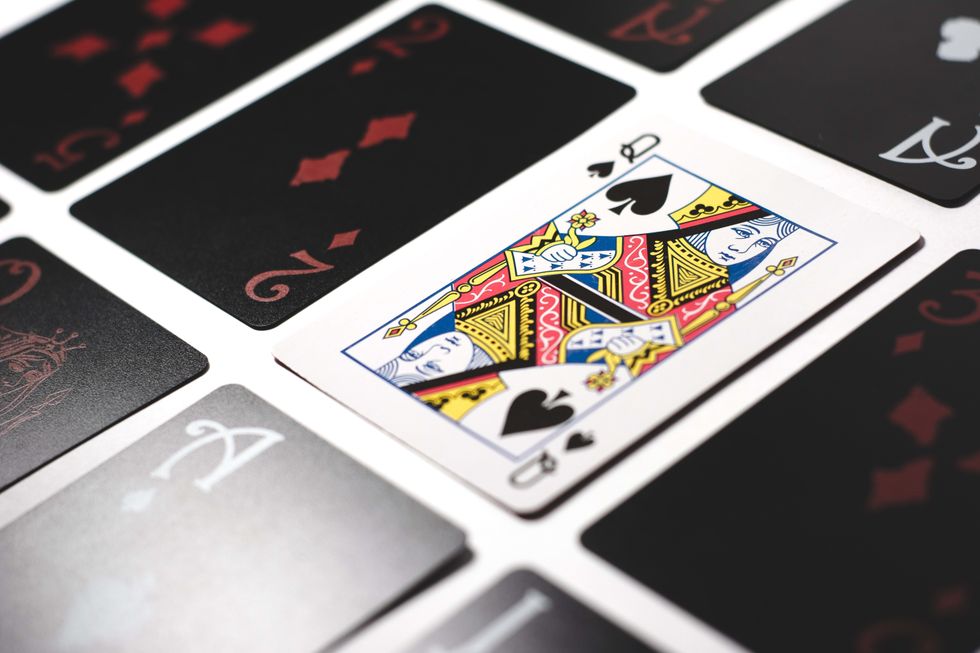 The Best Weed Smoking Games to Try
The Best Weed Smoking Games to Try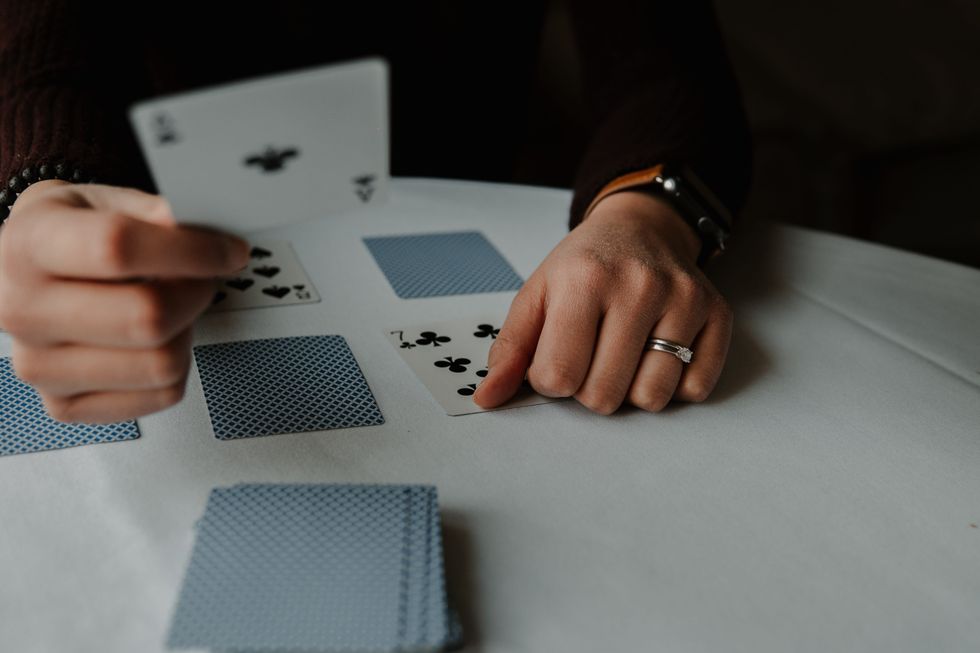 Games for Stoners
Games for Stoners 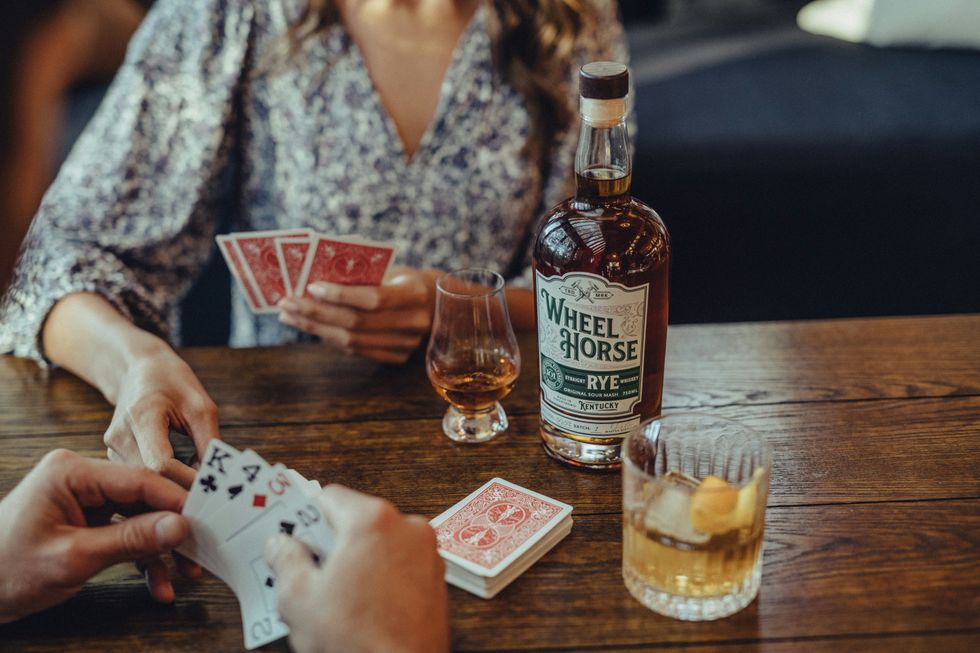 woman in white and blue floral shirt sitting beside woman in white and black floral shirtPhoto by
woman in white and blue floral shirt sitting beside woman in white and black floral shirtPhoto by 
 The Best Weed Smoking Games to Play
The Best Weed Smoking Games to Play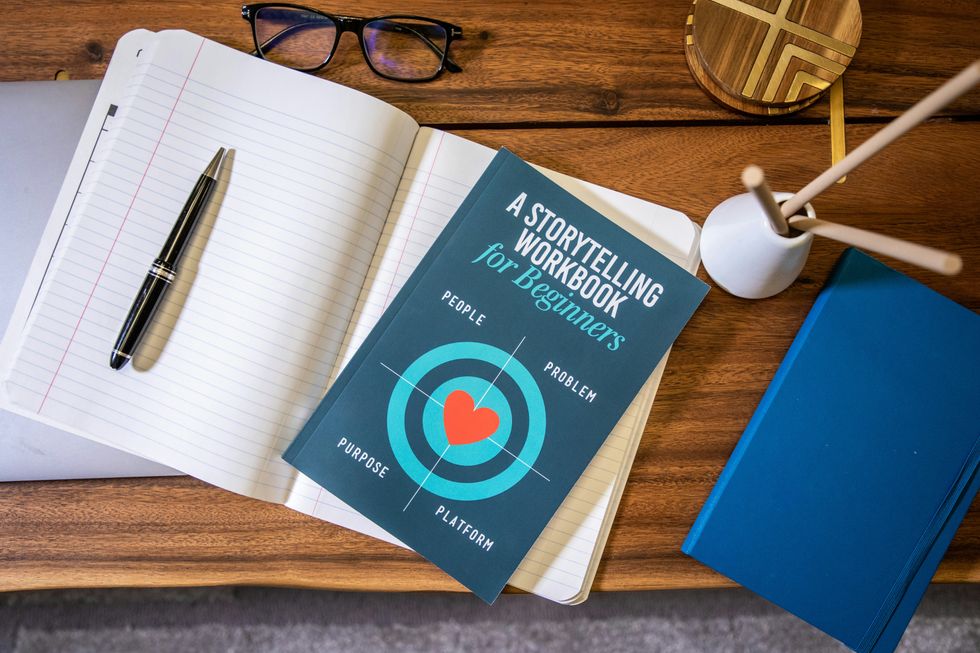
 The Best Weed Smoking Games to Try
The Best Weed Smoking Games to Try The Best Weed Smoking Games to Try
The Best Weed Smoking Games to Try world map with pinsPhoto by
world map with pinsPhoto by 
 The Best Weed Smoking Games to Try
The Best Weed Smoking Games to Try
 The Truth About THC Candle: Cannabis Candles & How to Make Your Own - The Bluntness
Photo by
The Truth About THC Candle: Cannabis Candles & How to Make Your Own - The Bluntness
Photo by 